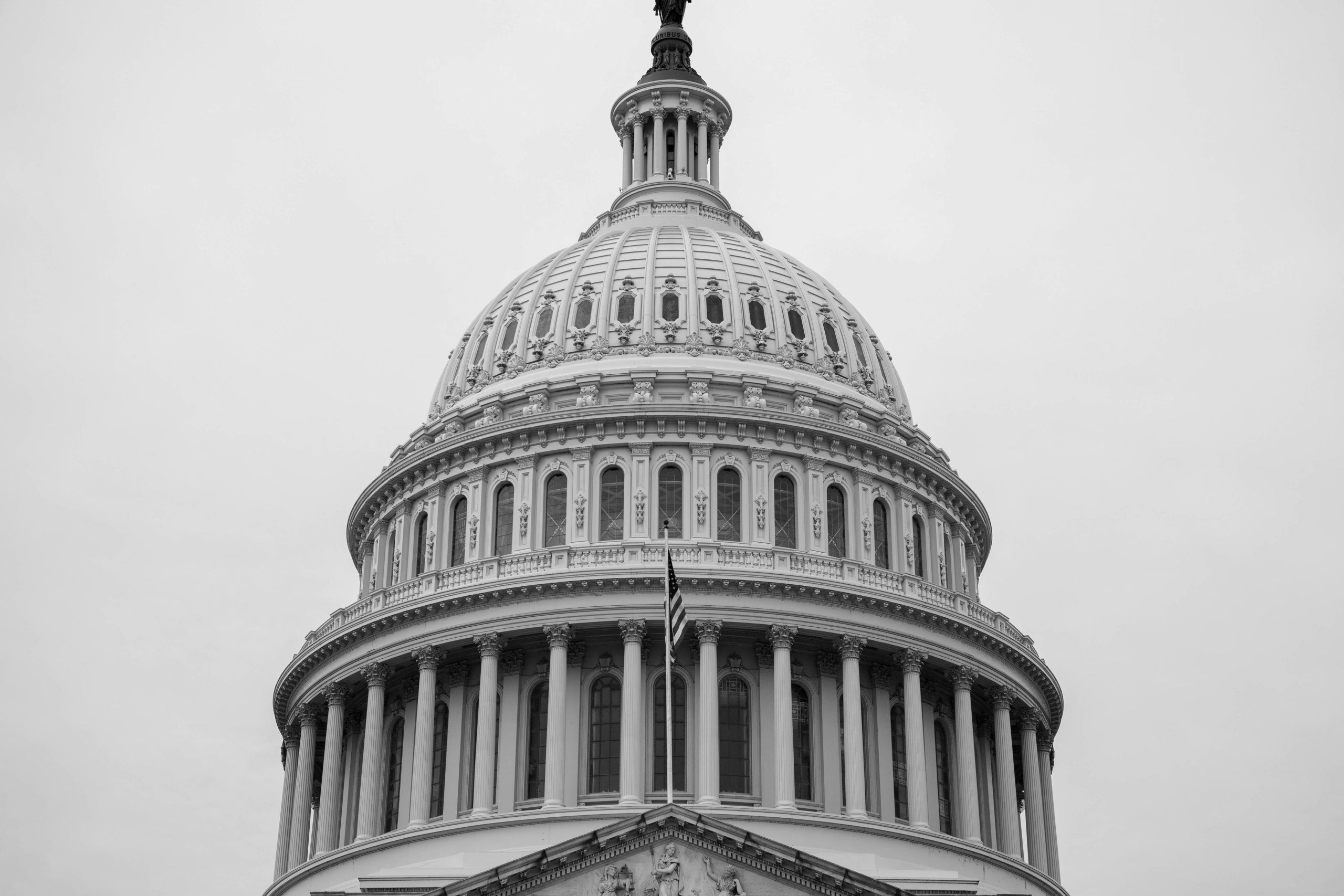 It has been less than 24 hours since President Donald Trump has taken office, and he has already signed into law a flurry of executive orders directly impacting immigration.
It has been less than 24 hours since President Donald Trump has taken office, and he has already signed into law a flurry of executive orders directly impacting immigration.
More than a dozen of these executive orders dismantle Biden era immigration policies, and usher in restrictive policies for visa seekers, asylum applicants, and undocumented immigrants.
The swift issuance of these executive orders signals a tough political climate ahead for immigration, and what is sure to be a continuance of the Trump administration’s hardline stance on immigration.
While some of these executive orders may face legal challenges, here is a summary of all the executive orders affecting immigration issued on day one of Trump’s presidency.
Executive Order: President Trump’s America First Priorities
President Trump’s first executive order entitled “President Trump’s America First Priorities,” states the following as top priorities of his administration, which touch upon immigration.
- President Trump promises to take “bold action” to secure the U.S. border and protect communities by calling on the U.S. Armed Forces and National Guard to assist with border security
- At the President’s direction, the State Department will have an “America-First” foreign policy
- Ends Biden’s Catch-and-Release Policies
What it is: Catch-and-release authorized the release of individuals without legal status from detention while awaiting immigration court hearings.
- Reinstates Remain in Mexico Policy
What it is: Known formerly as the Migrant Protection Protocol, this policy will require certain asylum seekers at the southern border to wait in Mexico for their hearings in U.S. immigration court.
- Continues the construction of his southern border wall with Mexico
- Prohibits asylum for individuals who have crossed the border illegally
What it is: Aims to end asylum and close the border to those without legal, to facilitate a more immediate removal process
- Cracks down on U.S. sanctuary cities
- Enhanced vetting and screening of noncitizen aliens seeking admission to the U.S.
What it is: The President will direct agencies to report recommendations for the suspension of entry for nationals of any country of particular concerns.
- Expands deportation operations for aliens with a criminal record
- Suspends the refugee resettlement program
- Designates cartels such as the “Tren de Aragua” as foreign terrorist organizations and calls for their removal by using the Alien Enemies Act
- Calls on the Department of Justice to implement the death penalty for illegal immigrants “who maim and murder” Americans and commit “heinous crimes”
 Visa Lawyer Blog
Visa Lawyer Blog












